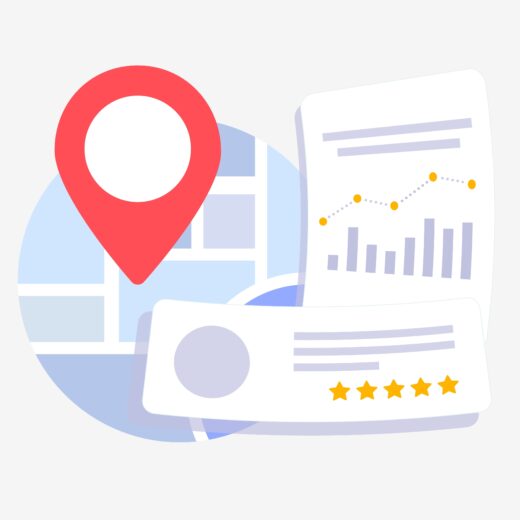Bid modifiers you should be using in your campaigns

Once you have set up and started seeing some success in your campaigns, your first thought was probably “I want more of that”. And that’s completely logical. Fortunately for us, Google Ads provides us enough data so we can understand what types of keywords are performing the best, on which devices, in which locations and at what times. All of this useful information is going to help us determine which bid modifications we should be making to our campaign.
Geo Bid Modifiers
On one account we’re going to use an example, we are seeing that the business is making most of their sales from people who live in Hertfordshire and Essex, whilst sales in Cumbria are at the lowest for the country, and because of this, we are spending much less money to make a sale in London than we are in Cumbria.
Based on this data that is provided to us in Google Ads, we have decided that we should introduce Geo bid modifiers to this campaign. We are going to increase our bids by 20% in London, and reduce by 10% in Cumbria. With these changes, I know that we are going to spend more money in the places that we are making the most sales, and less money where there is less interest in the products.
Device Bid Modifiers
The best thing about bid modifiers is that they are really easy to use and can be changed as many times as you like, even if you made an adjustment just for one minute. Again, here we want to look at the cost of sale for each device and see where the most value has come from. For our account in the example, our cost of sale for tablet users is much, much higher than the overall average.
We had found that people were researching on their tablets and then coming back to buy on a different device, so because of this we reduced our tablet spend right down and used money saved to do retargeting for those who have used a tablet and moved over to desktop. This has made our overall marketing spend more efficient.
We could also see that people who came from mobile were more impulse buyers, so once they had clicked they would spend less time on site to buy. Because of this, we wanted to attract more of them so by changing our bids, we are effectively telling Google we will pay them an extra 20% for us to have that click.
Day/Time Bid Modifiers
Still, we follow the same process. We can see when the most sales are made on which day and even which time if we want to go very granular. In the early evening we are making some good sales when people settle down for the evening but in the early morning between 10-11am when most people are at work, we are making less sales. This is important information so we know it is a smart move to spend less when we sell less. We can almost run this like a trading desk in that the value goes up for us in the evenings during the week, so we should push harder. Then, on the weekends and during work hours, we can ease of on the spend as it is less effective for us.
Demographics
The final bid modifier we can be using is by demographics. Again, using the account in the example we know that the highest proportion of our buyers are women aged between 45-54 and we can again have a bid adjustment for people that fit that criteria.







